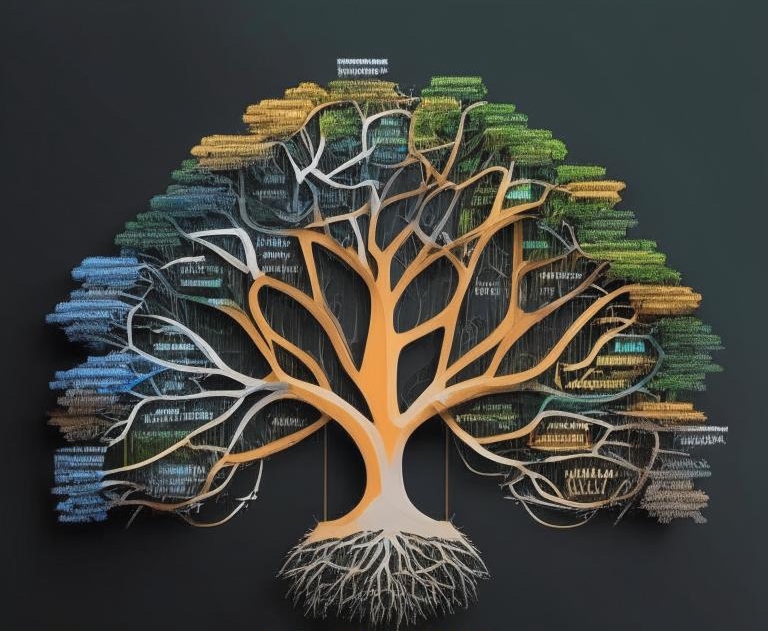Philosophical Turns
by Oleg Sovetnik
Epistemology, the science of knowledge, has undergone numerous transformations throughout millennia as philosophical thought evolved. Each significant turn in the history of philosophy was marked by a reevaluation of the nature of knowledge, how we acquire it, and how it can be structured.
These philosophical turns can be viewed as vectors that redirected the main efforts of thinkers toward new horizons. Each turn introduced new questions, reconsidered established positions, and enriched our capacity for understanding. From Socratic dialogues, which emphasized ethics and self-knowledge, to the speculative debates of Quentin Meillassoux, these turns represent essential steps in the evolution of human thought.
A discussion of epistemology would be incomplete without mentioning these key philosophical changes, which shaped the development of knowledge. Each of these shifts not only changed the direction of philosophical thought but also expanded our toolkit for understanding reality. Let’s explore the major philosophical turns that played a pivotal role in the development of epistemology, from antiquity to modernity.
-
Socratic Turn (5th Century BCE)
Focus on critical dialogue, using questions to reveal contradictions in knowledge and uncover truth through self-examination. This approach laid the foundation for reflection and rational thought. -
Cartesian Turn (René Descartes, 17th Century)
A shift towards rationalism: grounding knowledge in doubt and asserting reason as the primary tool for grasping truth. Descartes’ key thesis: “Cogito, ergo sum” — “I think, therefore I am.” -
Copernican Turn (Immanuel Kant, 18th Century)
A change in perspective: instead of the world shaping our knowledge, our perception and the categories of consciousness structure the world. This became the basis for understanding a priori forms of knowledge and the categorization of reality. -
Linguistic Turn (Ludwig Wittgenstein, 20th Century)
A focus on the analysis of language: philosophy centers on language as the primary tool of knowledge. Reality is grasped through language games, and the limits of our world are the limits of our language. -
Cognitive Turn (1960s)
A shift toward studying the mind and knowledge as computational processes. Cognition is seen as information processing, bringing philosophy closer to cognitive sciences and artificial intelligence. -
Postmodern Turn (20th Century)
A challenge to absolute truths and grand narratives. Knowledge becomes relativistic, with no objective reality beyond language, and knowledge is viewed as the result of various interpretations. -
Ontological Turn (20th-21st Century)
A renewed interest in ontology (the study of being) and how technologies and new forms of knowledge alter our perception of the world. A key aspect is how a domain is shaped by knowledge, technology, and social structures. -
Speculative Turn (Quentin Meillassoux, 21st Century)
A critique of correlationism (the idea that the world exists only in correlation with human perception). Meillassoux advocates viewing the world as something that exists independently of our minds, opening up new ways of understanding reality beyond human perception.
epistemology knowledge philosophy
Dive deeper
-
Linguistic Turn
The linguistic turn explores language not just as a tool for communication, but as an active element that shapes our reality and conceptual frameworks.
